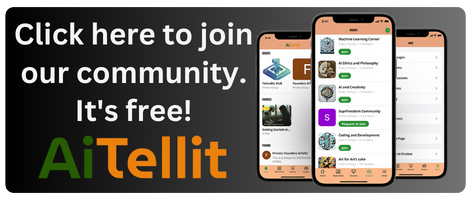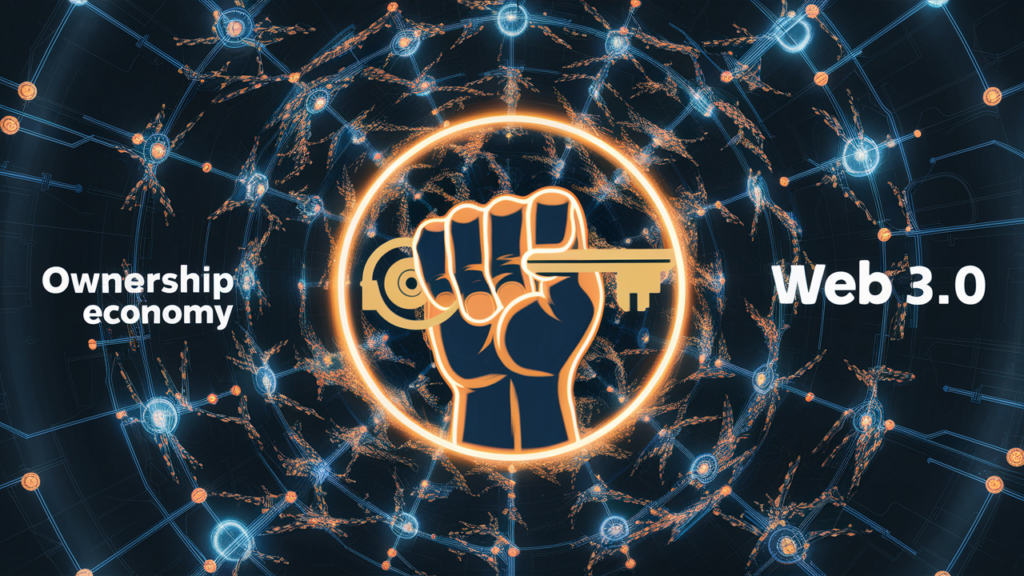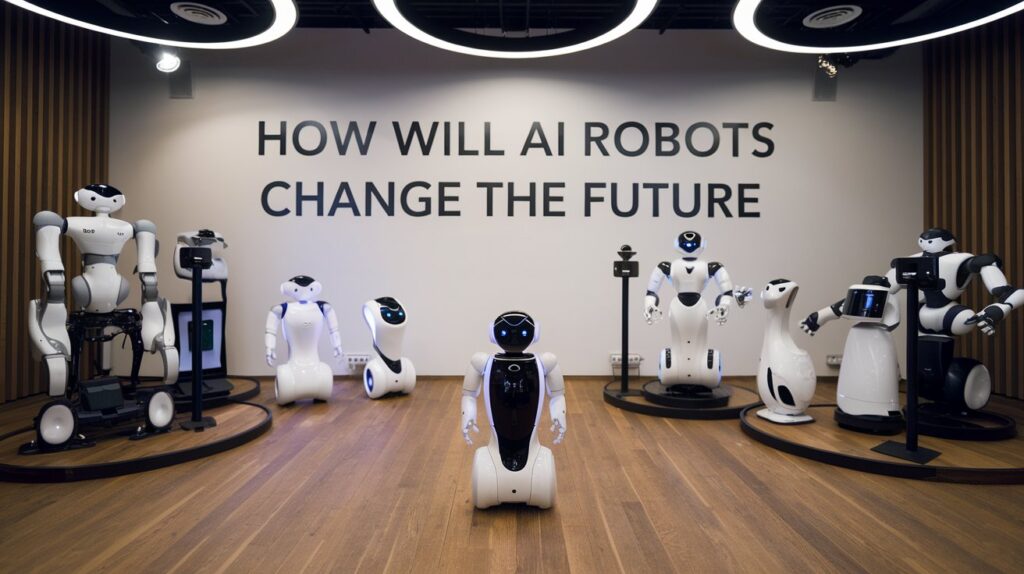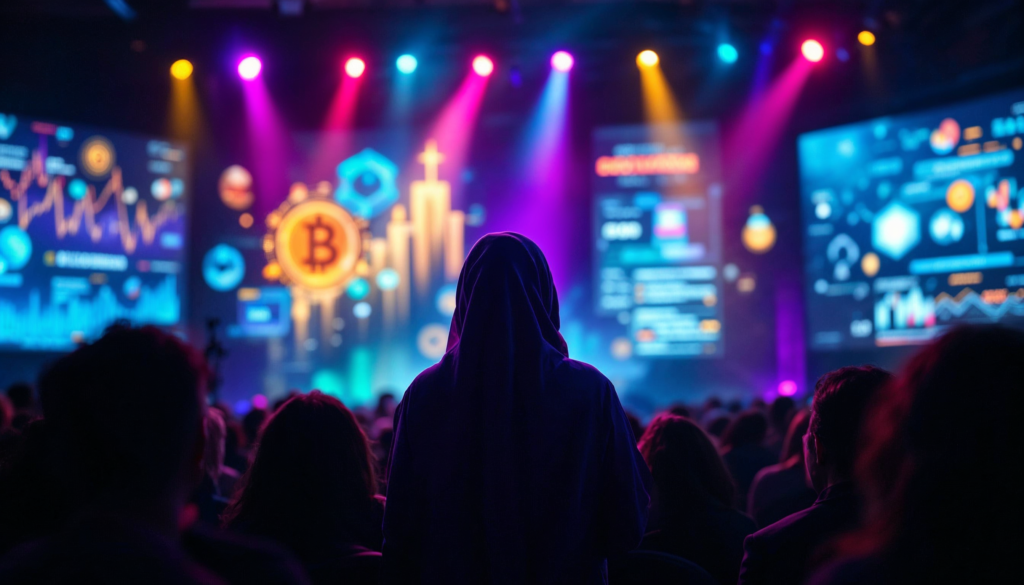The Rise of AI-Generated Content: Opportunities and Challenges

The advent of AI-generated content is reshaping the landscape of digital media, marketing, and creative industries. As algorithms become increasingly sophisticated, businesses and creators are presented with unprecedented opportunities to streamline production and scale their content offerings. However, this technological revolution also brings forth a host of challenges, from quality assurance to ethical considerations. The rapid evolution of AI in content creation raises important questions about authenticity, intellectual property, and the future role of human creativity. As we stand at the precipice of this transformative era, it becomes crucial to examine both the potential benefits and the inherent risks of AI-driven content generation.
The Rise of AI-Generated Content: Opportunities and Challenges audio file
Key Takeaways
- AI-generated content offers faster production and scalability across various industries.
- Quality control and human oversight are essential for maintaining credibility and accuracy.
- Ethical implications include concerns about transparency, accountability, and potential biases in AI outputs.
- AI tools empower creative professionals, revolutionizing storytelling techniques and marketing strategies.
- Legal considerations involve copyright issues, ownership determination, and liability for AI-generated content.

Understanding AI-Generated Content
At its core, AI-generated content represents a revolutionary shift in how digital media is produced, leveraging sophisticated algorithms to create text, video, and audio materials at unprecedented speeds and scales. This technological advancement, driven by machine learning and natural language processing, has found applications across various industries, offering numerous opportunities for content creation and distribution.
AI-generated content presents several advantages, including faster production, scalability, personalization, and cost-effectiveness. However, it also comes with challenges that must be addressed. Quality concerns, potential bias, and the risk of propagating false information are among the primary issues facing AI-generated content. Additionally, the legal implications and ethical considerations surrounding its use require careful examination.
As AI technology continues to evolve, future trends point towards increased adoption and improved quality of AI-generated content. The expansion of its use across industries is likely to lead to new forms of human-AI collaboration. However, this growth must be balanced with regulated ethical use to mitigate potential negative impacts.
Understanding these opportunities and challenges is crucial for businesses and content creators looking to harness the power of AI-generated content responsibly and effectively.
Opportunities for Efficiency and Scale

Building upon the foundation of AI-generated content, its potential for enhancing efficiency and achieving scale presents transformative opportunities for businesses and content creators alike. AI algorithms analyze data patterns to generate high-quality content efficiently, enabling companies to optimize their marketing strategies and drive audience engagement. This efficiency leads to significant cost savings, allowing businesses to allocate resources more effectively.
One of the key advantages of AI-generated content is its ability to create personalized content at scale, catering to diverse audience preferences. This scalability extends to multilingual content generation, empowering companies to reach global audiences with tailored messaging. By leveraging AI, businesses can expand their content creation capabilities and explore new creative avenues, fostering innovation and brand visibility.
The efficiency and scale offered by AI-generated content also enable companies to rapidly adapt to changing market trends and consumer demands. By analyzing real-time data and generating relevant content, businesses can maintain a competitive edge in the digital landscape.
As AI technology continues to evolve, the opportunities for enhancing content creation processes and achieving unprecedented scale in content delivery will only grow, revolutionizing the way businesses engage with their audiences.
Quality Control and Accuracy Concerns
While AI-generated content offers significant opportunities, ensuring its quality and accuracy remains a critical challenge for businesses and content creators. The potential for errors and inconsistencies in AI-generated output underscores the need for rigorous quality assurance processes.
Implementing effective quality control measures is essential to address accuracy concerns and maintain credibility with audiences. Human oversight plays a vital role in this process, as experienced editors can identify and correct inaccuracies that AI algorithms may overlook. This human intervention is crucial for upholding quality standards and mitigating the risks of misinformation.
By combining automated content generation with meticulous human review, organizations can strike a balance between efficiency and accuracy. To maintain trust and relevance, businesses must develop comprehensive quality control strategies for AI-generated content. This may include implementing multi-stage review processes, leveraging fact-checking tools, and continuously refining AI algorithms.

Ethical Implications and Bias
Navigating the ethical implications and potential biases of AI-generated content presents significant challenges for creators, developers, and organizations implementing AI systems. The rapid advancement of AI technology has raised concerns about transparency, accountability, and societal impact, necessitating a critical examination of the ethical frameworks surrounding AI-generated content.
One of the primary issues is bias, which can stem from various sources, including biased training data and algorithmic biases. These biases can perpetuate and amplify existing societal inequalities, potentially leading to discriminatory outcomes. To address this, it is crucial to promote diversity in development teams and implement rigorous monitoring processes.
The responsibility for mitigating bias and ensuring ethical AI-generated content lies with multiple stakeholders. Creators and developers must prioritize transparency in their algorithms and actively work to identify and eliminate biases. Organizations implementing AI systems should establish clear guidelines and ethical frameworks to govern the use of AI-generated content.
Ultimately, addressing the ethical implications and biases in AI-generated content requires a concerted effort from all parties involved. By fostering accountability, promoting diversity, and prioritizing transparency, we can harness the potential of AI while minimizing its potential negative impacts on society.
Impact on Creative Industries

The integration of AI-generated content in creative industries has sparked a transformative shift, revolutionizing traditional processes and opening new avenues for artistic expression and innovation. AI tools are empowering creative professionals to streamline tasks, optimize workflows, and enhance productivity across various sectors. This technological advancement is reshaping content creation processes, enabling the production of innovative content at unprecedented speeds and scales.
AI’s impact extends beyond efficiency gains, fostering new forms of creative expression such as generative art and AI-composed music. These developments are pushing the boundaries of artistic possibilities and challenging conventional notions of creativity. Moreover, AI is revolutionizing storytelling techniques and immersive experiences, particularly in advertising, design, and entertainment.
However, the rise of AI-generated content also presents challenges. Human creators must adapt to this evolving landscape, balancing the opportunities afforded by AI with ethical considerations surrounding authenticity and originality. Additionally, marketing strategies are being reimagined to leverage AI’s capabilities in data analysis and content personalization.
As AI continues to reshape creative industries, it is crucial for professionals to embrace these technologies while maintaining a critical perspective on their implications for the future of creative work.
Legal Considerations and Ownership

Legal considerations surrounding AI-generated content present a myriad of complex challenges for creators, businesses, and policymakers alike, particularly in the realms of copyright ownership and intellectual property rights. The ownership of AI-generated content is often attributed to the creator or entity that developed the AI algorithm, but this raises questions about the role of the AI itself in the creative process.
Licensing agreements have become crucial in determining usage rights and responsibilities for AI-generated content. However, challenges arise in establishing liability and accountability, especially in cases of misinformation or legal disputes. Clear legal frameworks are essential to address these issues and ensure fair treatment of creators and stakeholders.
| Key Concerns | Challenges | Potential Solutions |
|---|---|---|
| Copyright issues | Determining ownership | Establish clear guidelines |
| Liability | Accountability for AI-generated content | Develop robust legal frameworks |
| Bias and discrimination | Ensuring fairness in AI outputs | Implement ethical AI practices |
As AI-generated content continues to evolve, it is imperative to address these legal considerations proactively. This includes developing comprehensive policies that account for the unique challenges of AI-generated content while balancing the rights of creators, businesses, and consumers. By doing so, we can foster an environment that encourages innovation while protecting intellectual property rights and ensuring responsibility and accountability in the AI-driven creative landscape.

Human-AI Collaboration in Content Creation
Increasingly, content creators are harnessing the power of human-AI collaboration to revolutionize their production processes, combining human creativity with artificial intelligence’s efficiency and scalability. This synergistic approach optimizes workflow by allowing AI to handle repetitive tasks, freeing up human creators to focus on strategic and creative aspects of content development. The result is a harmonious balance that drives innovation and enhances the overall content creation process.
AI-generated content offers numerous benefits to creators, particularly in terms of personalization and scalability. By leveraging AI’s capabilities, content creators can produce high-quality, tailored content at a much faster rate, meeting the demands of fast-paced digital environments. This efficiency boost enables creators to maintain a competitive edge in today’s content-saturated landscape.
Moreover, the collaboration between human expertise and AI technology leads to enhanced creativity and innovation. AI tools can generate ideas, analyze data, and provide insights that complement human intuition and experience. This partnership not only improves the quality of content but also opens up new possibilities for creative expression and audience engagement.
As the field of AI continues to evolve, the potential for human-AI collaboration in content creation is boundless, promising exciting developments in the future of digital media.
Future Trends and Developments

As AI technology continues to advance at an unprecedented pace, future trends in AI-generated content point towards widespread adoption across industries, significant improvements in output quality, and expansion into diverse content formats like video and audio. These advancements in AI technologies are expected to revolutionize content creation processes, offering new opportunities for innovation and personalization.
A key trend is the growing collaboration between humans and AI, which will likely lead to more creative and efficient content production. However, this shift may also result in job displacement for some content creators, while simultaneously opening up opportunities for new creative projects and roles.
The regulated ethical use of AI-generated content will become increasingly important, addressing concerns such as bias, privacy, and intellectual property rights. Organizations, content creators, and policymakers must work together to establish guidelines that maximize the benefits of AI-generated content while addressing potential challenges.
As the landscape of content creation evolves, the future of AI-generated content will be shaped by technological advancements, consumer preferences, and industry demands. By embracing these trends and proactively addressing ethical concerns, businesses can harness the full potential of AI-generated content to drive innovation and meet the evolving needs of their audiences.

Frequently Asked Questions
What Is the Rise of AI Content?
The rise of AI content represents a content revolution driven by algorithmic writing and machine creativity. This digital transformation leverages advanced language models to enable automated storytelling and content scaling, addressing information overload while disrupting traditional creative processes across industries.
What Are the Problems With Ai-Generated Content?
AI-generated content faces quality concerns, authenticity issues, and plagiarism risks. Creative limitations, ethical dilemmas, and job displacement are significant challenges. Bias amplification, information overload, algorithmic errors, and credibility challenges further complicate its widespread adoption in professional settings.
What Are the Benefits of Ai-Generated Content?
AI-generated content offers numerous benefits, including enhanced content efficiency, scalable production, and cost reduction. It provides creative inspiration, personalized experiences, and improved accessibility. With language translation capabilities, data analysis, and marketing automation, AI assists in writing and reaching diverse audiences effectively.
What Are the Challenges Brought by the Advancement of AI in Technology?
AI advancements pose challenges including job displacement, privacy concerns, and algorithmic bias. Other issues encompass security vulnerabilities, ethical dilemmas, human dependence, technological inequality, cognitive decline, emotional detachment, and increased energy consumption. These factors require careful consideration as AI technology progresses.
Conclusion
The rise of AI-generated content presents a complex landscape of opportunities and challenges. While offering unprecedented efficiency and scalability, concerns regarding quality, ethics, and bias persist.
As AI technologies continue to evolve, industries must adapt to leverage these tools effectively while addressing potential pitfalls. Striking a balance between AI capabilities and human creativity will be crucial.
Future developments in AI content generation will likely focus on enhancing accuracy, mitigating bias, and fostering seamless human-AI collaboration to maximize the potential of this transformative technology.







Responses